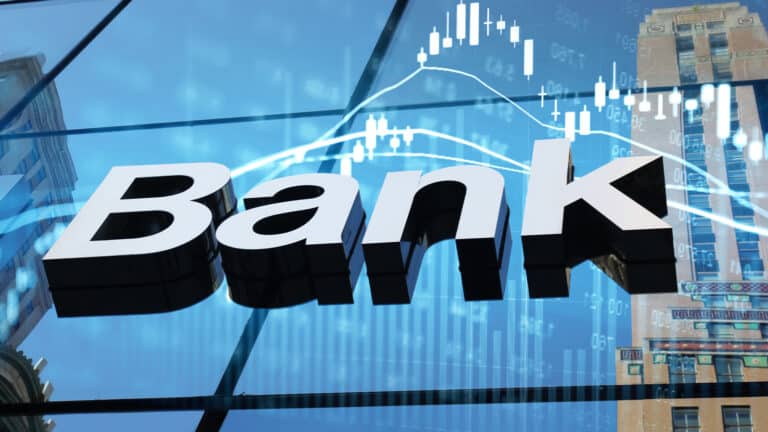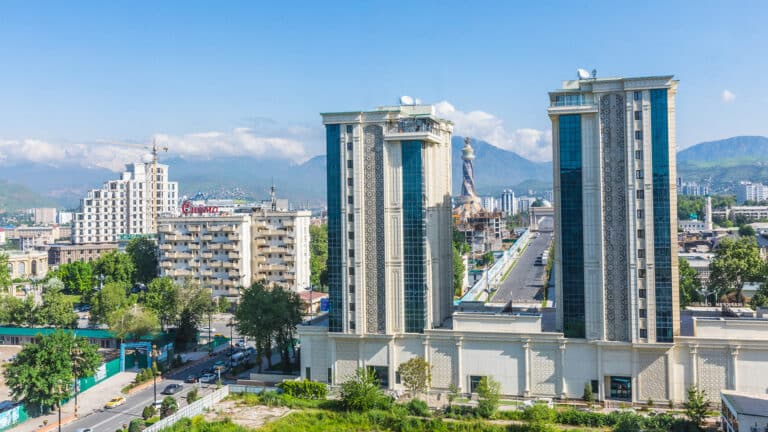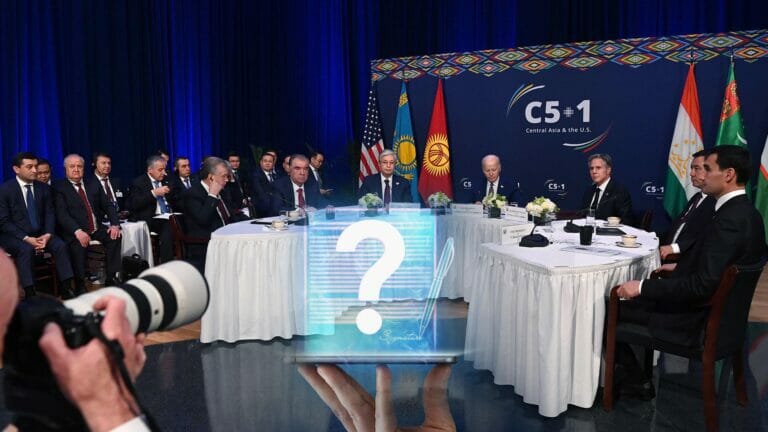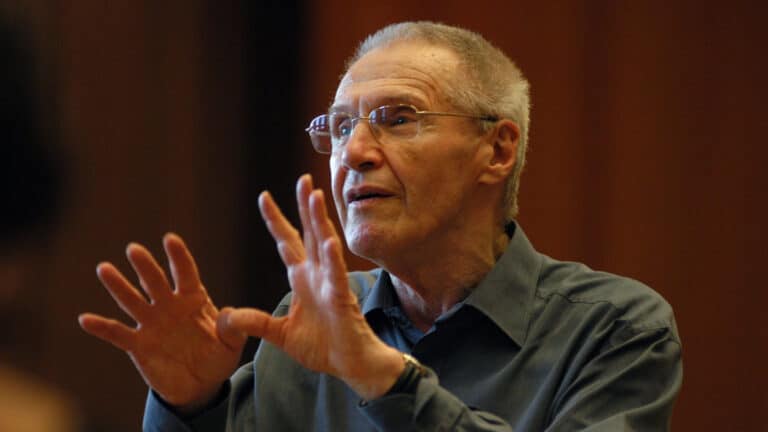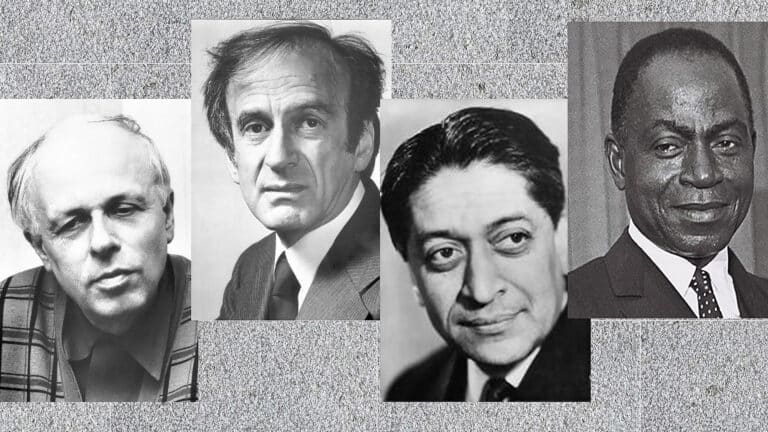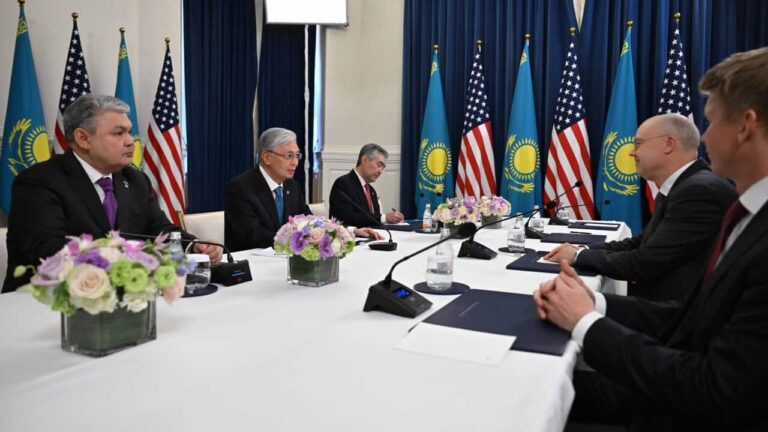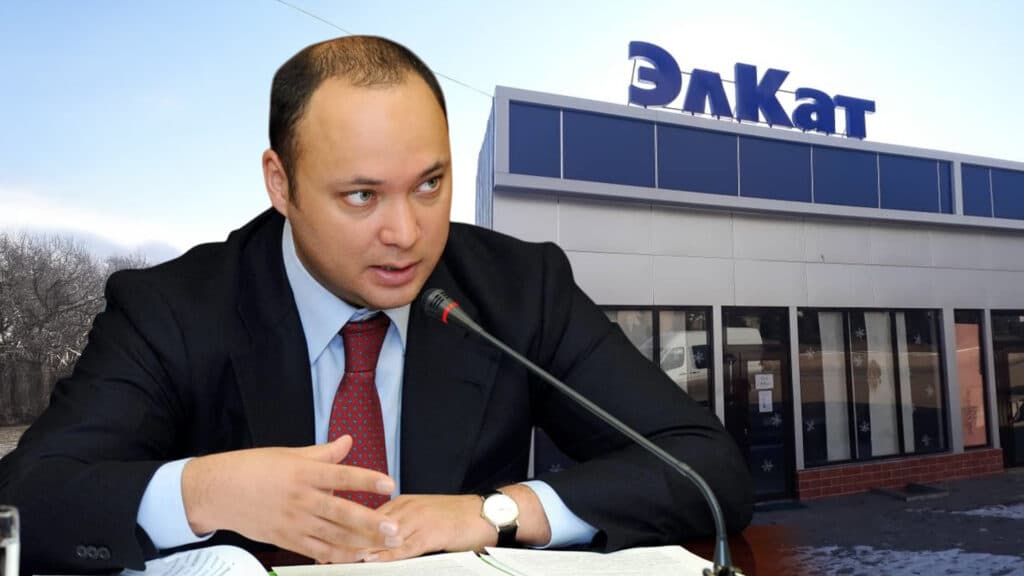
Kyrgyzstan’s government has reclaimed ownership of ElCat, a company formerly owned by Maxim Bakiyev, the son of ex-president Kurmanbek Bakiyev, according to the Kabar news agency, citing Dayirbek Orunbekov, a spokesman for the presidential administration. The company is valued at approximately $69 million.
«In 2007, former presidential office employees Zakirali Kenzhebaev, Sergey Shmelev, Konstantin Levinets and Mikhail Dudin made a deal with Maxim Bakiyev, which led to the presidential office being illegally removed from the company’s list of incorporators through court decisions. As a result, control of ElCat was transferred to Bakiyev’s associates. Since then, the company, with assets valued between $65 million and $70 million (6 billion som), has remained under Bakiyev’s control, rather than the state’s,» Orunbekov said.
He added that Maxim Bakiyev also owns elite real estate in France, which Kyrgyz authorities plan to return to state ownership.
«That means other hidden assets may be uncovered, along with wealth obtained through unfair means. If Kurmanbek Bakiyev is returned to Kyrgyzstan, additional criminal cases could emerge. The missing money could be found in safe deposit boxes or assets secretly registered under members of the provisional government,» Orunbekov said.
Previously, Kyrgyz President Sadyr Japarov addressed rumors about the possible return of the fugitive ex-president’s brother and son. He stated that they would be immediately imprisoned upon arrival in the country.
Kurmanbek Bakiyev was ousted following mass unrest in April 2010. Nursultan Nazarbayev, then president of Kazakhstan, helped him flee Kyrgyzstan. Bakiyev has since lived in Belarus, where he obtained citizenship.
Kyrgyzstan has been seeking Bakiyev’s extradition, but Belarus has refused to hand him over, citing concerns that he would face political persecution.







